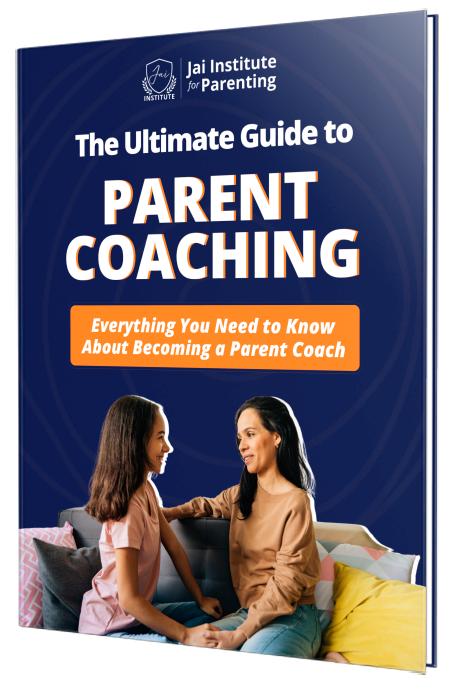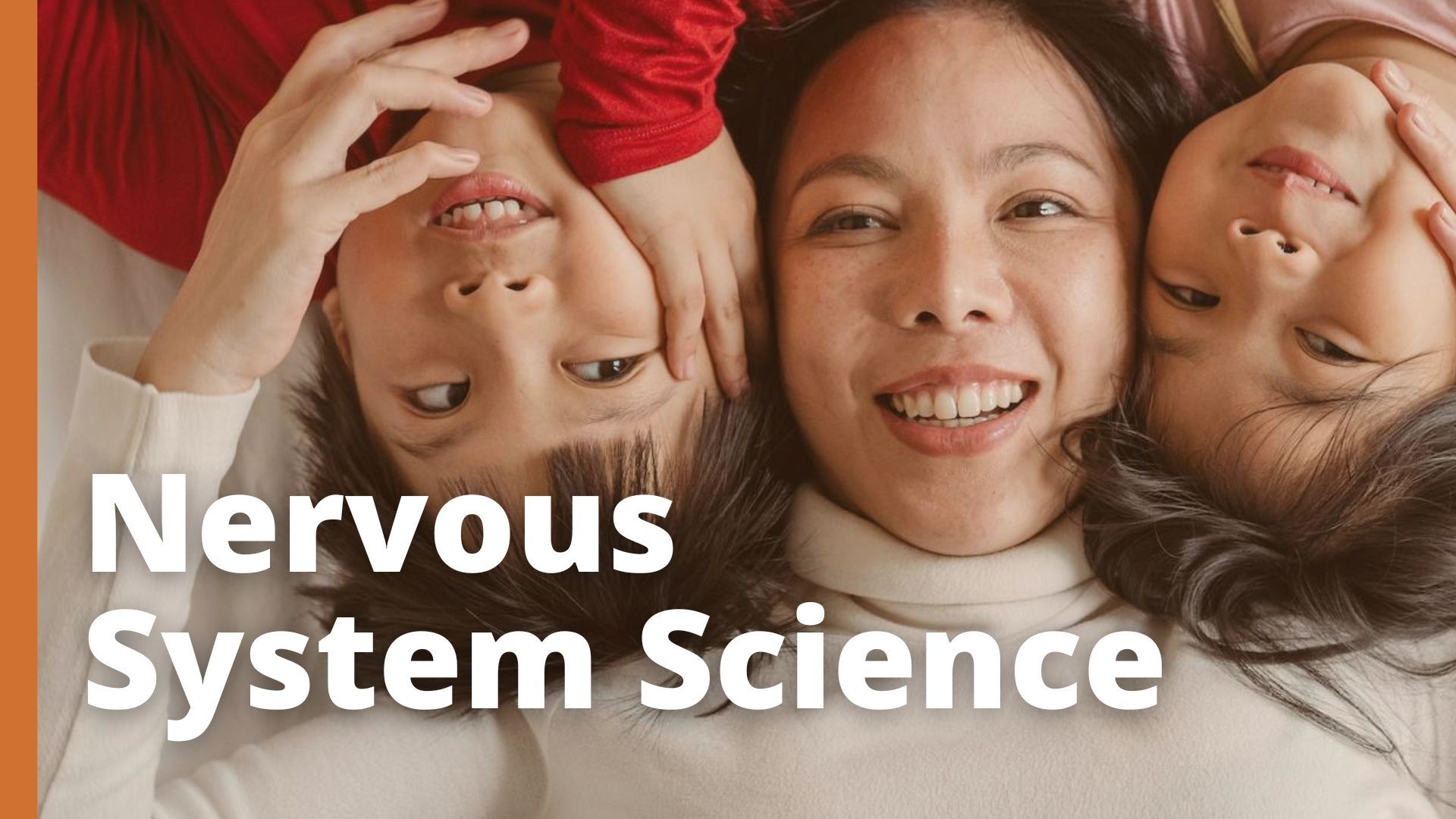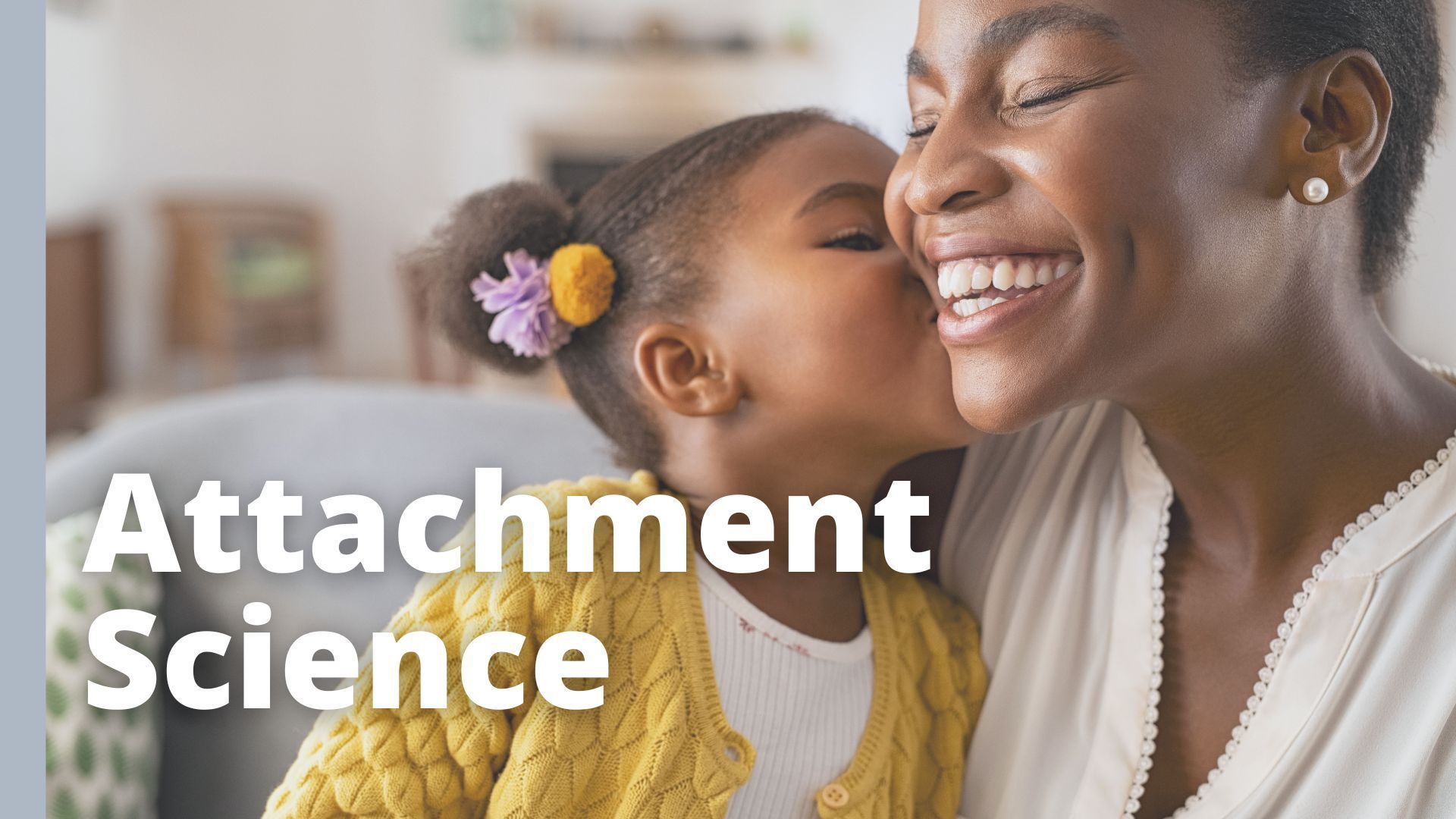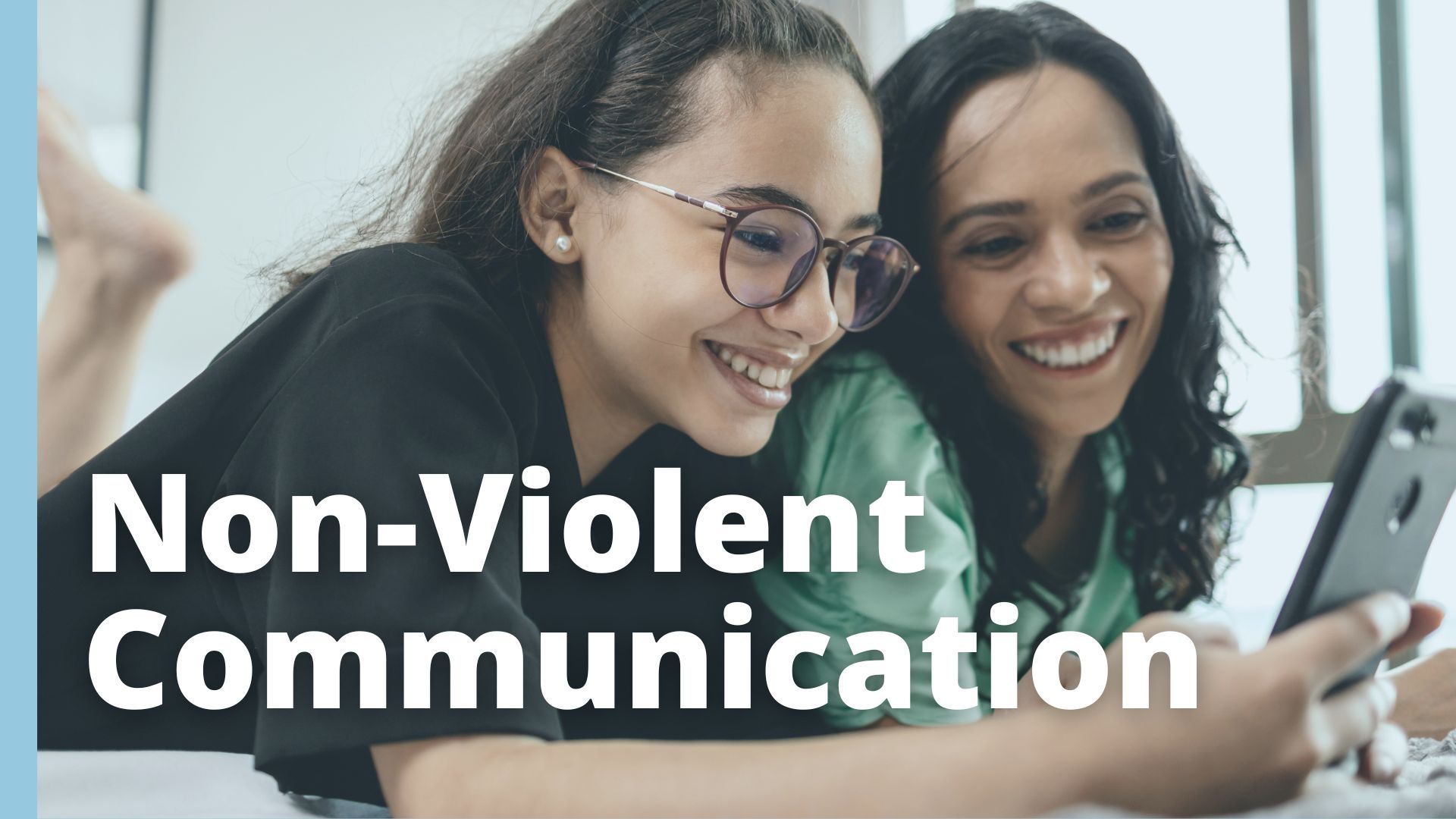Emotional Intelligence
Coaching Emotional Intelligence to Parents
At the Jai Institute for Parenting, we believe that emotional intelligence isn’t a nice-to-have skill. It's a foundational pillar for conscious, connected parenting.
When parents understand their emotions and learn to navigate them with awareness, compassion, and intention, they create the conditions for empathy, resilience, and secure attachment to flourish in their families.

What is Emotional Intelligence in Parenting?
The Five Components of Emotional Intelligence
Emotional intelligence (EI), as defined by Salovey and Mayer, is the ability to monitor, understand, and use emotions (both your own and others’) to guide behavior and thought. In the parenting context, this includes:
- Self-awareness: Recognizing your emotions as they arise.
- Self-regulation: Managing those emotions in ways that align with your values.
- Motivation: Acting from your deeper intentions and commitments, not just impulse.
- Empathy: Accurately perceiving and resonating with your child’s emotional experience.
- Social skills: Communicating feelings and needs clearly, respectfully, and effectively.
For parents, developing these capacities means being able to pause instead of react, to see the need behind a behavior, and to lead their family with integrity and presence.
The Role of Emotional Intelligence in Family Dynamics
Emotionally intelligent parenting changes the family environment from the inside out. Rather than managing behavior through control or punishment, parents respond with curiosity, empathy, and guidance. This reduces shame and power struggles, and increases trust and cooperation.
At its core, emotional intelligence is the language of secure attachment. It’s how parents create emotional safety, for themselves and for their children while modeling the very qualities they hope their children will grow into: self-responsibility, confidence, and compassion.
Why Emotional Intelligence Matters for Parents
Enhancing Parent-Child Relationships
When parents develop emotional intelligence, they begin to attune to their child’s inner world. They notice what emotions arise, what needs are underneath, and how to hold space without rushing to fix or suppress. This creates a powerful shift: from control to connection.
Children thrive in this environment. They feel seen, safe, and emotionally supported, which fosters secure attachment and strengthens their ability to regulate their own emotions over time.
Reducing Conflict Through Empathy
Conflict is inevitable in family life. But with emotional intelligence, conflict becomes an opportunity, not a threat. Parents who lead with empathy are able to de-escalate tense moments, repair more quickly after missteps, and model how to move through difficult emotions without shame or blame.
Empathy also reduces a child’s need to act out in order to feel heard. When kids are met with understanding instead of criticism, they learn to communicate instead of react.
How the Jai Institute Trains Coaches in Emotional Intelligence
Training Curriculum Overview
Our training is grounded in neuroscience, developmental psychology, and somatic awareness. Coaches learn to embody emotional intelligence themselves before guiding others. This includes:
- Understanding the nervous system and emotional regulation
- Identifying feelings and needs beneath behaviors
- Developing self-empathy as a leadership skill
- Applying the FEEL process (Focus, Embrace, Expand, Label)
- Learning how beliefs influence emotions and behavior
- Exploring how generational patterns impact emotional expression
Through personal reflection, skill-building, and practice coaching, our trainees deepen their own emotional fluency so they can authentically support their clients in doing the same.
Practical Applications for Coaching Families
Certified coaches use these tools to help parents:
- Name and normalize their emotional experiences
- Interrupt cycles of reactivity with self-connection
- Replace blame with curiosity and compassion
- Reflect on the needs beneath both their own and their child’s behavior
- Repair and reconnect after ruptures
They also learn how to coach empathy, validate emotional experiences, and guide families toward emotionally resilient practices rooted in presence… not perfection.
Techniques for Coaching Emotional Intelligence to Parents
Helping Parents Identify and Manage Their Emotions
Many parents have been conditioned to suppress or deny emotions. Coaches help them re-learn how to feel, slowly and safely.
Through the FEEL framework, parents learn to locate emotions in their bodies, stay present with discomfort, and name both the feeling and the need it points to.
This strengthens parents’ emotional regulation and reduces the likelihood of reactive, unconscious parenting patterns.
Teaching Active Listening and Empathetic Responses
Active listening is a skill and a gift. Coaches teach parents how to be fully present with their child’s emotions, using verbal and nonverbal cues that convey safety and acceptance. Parents learn how to make empathy guesses, reflect feelings, and hold space without rushing to fix.
This type of listening helps children feel truly understood, increasing their emotional security and trust in the relationship.
Encouraging Emotionally Resilient Parenting Practices
Jai coaches help parents shift from seeing emotions as problems to be solved to experiences to be honored. This includes:
- Supporting children to ride the wave of an emotion without suppressing it
- Using repair as a tool for modeling accountability and growth
- Strengthening a child’s belief in their own emotional competence
With time, parents learn to embrace emotional challenges as part of the journey… not signs of failure.
Become a Certified Parenting Coach in Emotional Intelligence
If you believe that feelings matter, that empathy is powerful, and that parenting can be a path to growth, not just for children but for adults too, you belong in this work.
At the Jai Institute for Parenting, we train coaches to change lives by changing the emotional fabric of families.
Our 7-month certification program equips you with the skills, tools, and inner transformation needed to guide others toward more connection, compassion, and emotional strength.
You’ll not only change the lives of the families you coach… you’ll change your own.
7-MONTH JAI PROGRAM
Parent Coach Certification
- Transform your family with our powerful, evidence-based, curriculum and proven results.
- Be a part of the solution. Jai Parent Coaches are changing the world, one family at a time.
- Earn income changing families’ lives, with the freedom that changes yours
The Ultimate Guide to Parent Coaching
- Gain incredible insights, integrate valuable perspectives, and learn new ways of seeing the world.
- Learn new coaching skills, which are applicable in all of your relationships,
personal
and
professional
- Build a business you love, that gives you freedom, flexibility and income for your family









